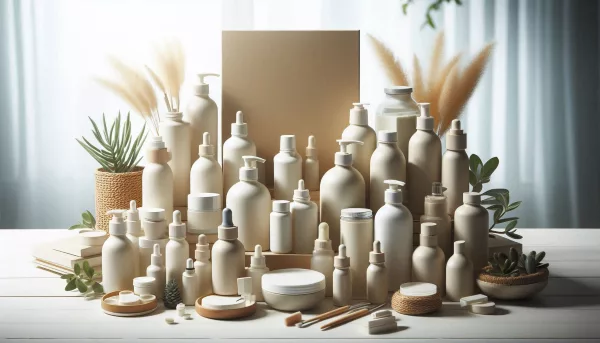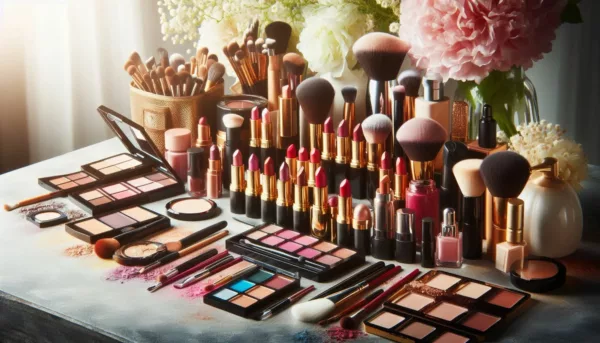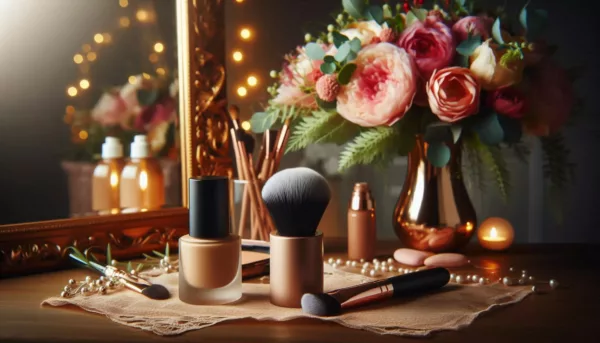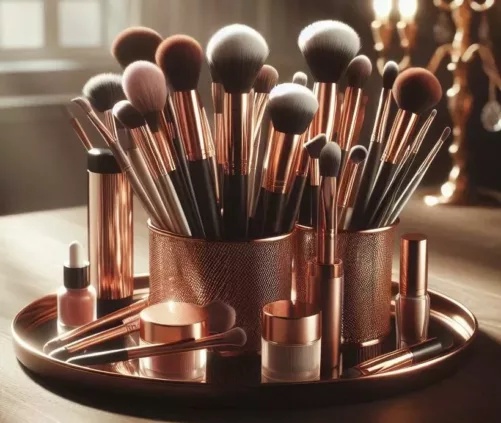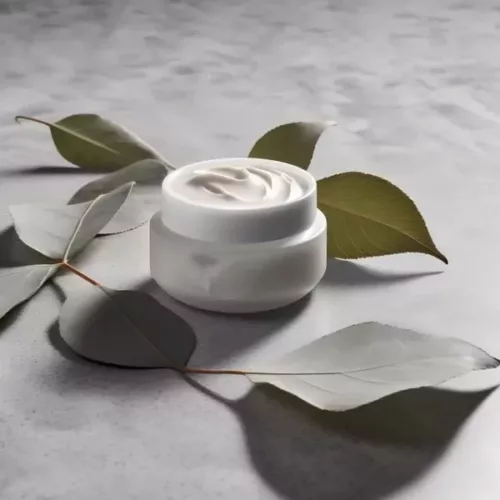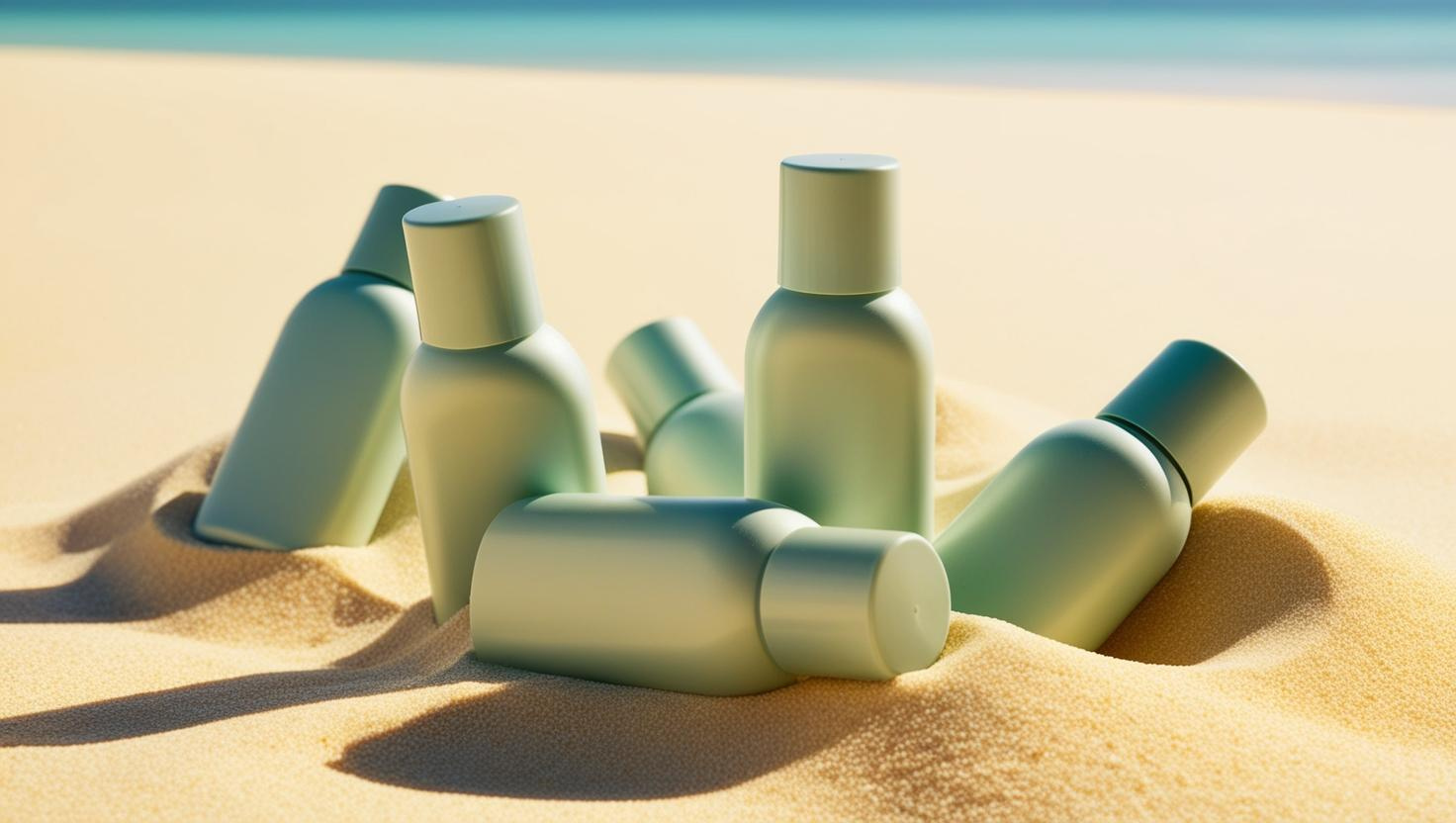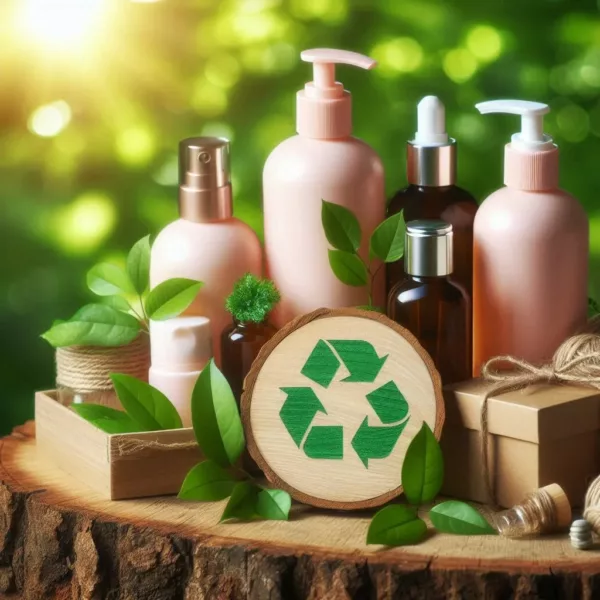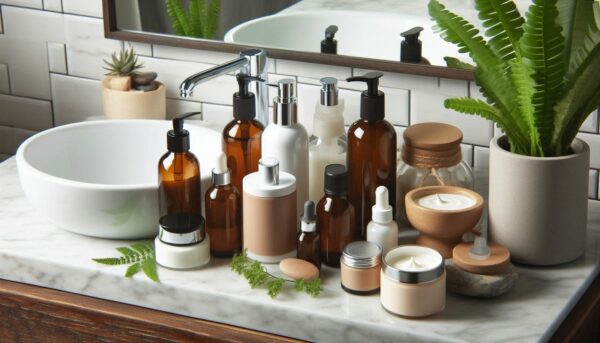In the world of anti-aging skincare, finding trustworthy information about ingredients and products is like striking gold. Navigating through the best online databases for anti-aging skincare ingredient research can be a powerful way to gain insights into what you’re putting on your skin. But with so many options out there, it can be tough to know where to start.
Let’s kick things off with the basics. Online skincare databases have become essential tools for anyone interested in understanding more about cosmetic ingredients. They provide comprehensive information about the safety, efficacy, and purposes of different skincare ingredients. This is where these platforms come into play: by breaking down complex scientific data into something you can actually use when shopping for your next skincare product.
Now, databases such as the Environmental Working Group (EWG) are often in the spotlight. They aim to inform consumers about product and ingredient safety with their rating systems. But a question that often comes up is: How reliable is EWG? Critics argue that some of their safety scores aren’t backed by sound scientific consensus. So, I recommend using EWG as one of several resources; it’s great for quick checks but should be supplemented with other sources for more comprehensive research.
Other noteworthy databases include the Personal Care Product Council’s database and SkinSAFE, which offers insights into allergen-free products and ingredient safety. These platforms can often provide more balanced viewpoints or additional data that help clarify what EWG presents.
While considering these options, evaluate each database’s approach to revealing the scientific background behind their ratings. You’ll want to know if their assessments are based on research, user reports, or both. This knowledge arms you with the power to make more informed decisions about the skincare products you choose.
Ingredient Insights: Understanding the 1% Rule and Other Key Concepts
When it comes to skincare, especially anti-aging products, understanding ingredient lists is crucial. One fascinating guideline that experts often discuss is the 1% rule. This rule relates to the order of ingredients listed on a product. Ingredients are typically listed by highest concentration to lowest until you hit that 1% mark. After this point, they can appear in any order. This is why deciphering these labels can seem like a challenging puzzle.
This 1% rule is particularly important when evaluating the strength and potential impact of active ingredients in a formula. The placement of an ingredient can indicate its real concentration and thus, its potential effectiveness. For instance, anti-aging powerhouses like retinol or vitamin C should ideally be among the first few ingredients listed before that critical cutoff, if you want to ensure their efficacy.
But watch out for misconceptions! Just because an ingredient appears lower on the list doesn’t always mean it’s ineffective. Some ingredients are potent in small doses, while others need to be more concentrated to show benefits.
For those seeking further clarity, platforms like Yuka can be immensely helpful. This app is designed to scan and crunch numbers behind those complex ingredient names, sorting through data to help you discover if you’re dealing with an ingredient superstar or a sneaky irritant. It’s user-friendly, making ingredient analysis accessible to anyone who wants to dig below the surface.
Understanding these nuances in ingredient concentrations helps you shop smarter and make better choices for your skincare routine.

Tools and Apps for Savvy Skincare Consumers
These days, technology is right at our fingertips, and that means tons of apps can help us make educated choices about skincare products. If you want to avoid getting bamboozled by unfounded claims, apps that help analyze cosmetic ingredients can be your best friend.
Among the most popular options is Yuka, an app known for its straightforward interface. Just scan the product barcode, and Yuka gives you a score based on the health impact of its ingredients. But how accurate is Yuka for skincare? While it’s easy to use and provides a quick glance at what’s in your moisturizer or cleanser, always consider using it alongside other resources to double-check its assessments.
CosDNA is another excellent option that dives deep into each ingredient’s safety, acne irritant levels, and UVA/UVB protection. For those who love details, this app aligns perfectly with educated decision-making.
INCI Decoder is one of the most user-friendly skincare ingredient databases. Simply type in a product name or an ingredient, and you’ll get an easy-to-understand breakdown of what each component does. It is perfect for beginners and anyone who wants quick, clear answers on what’s in their skincare.
Skincarisma lets you paste the ingredients list from any product and instantly shows you how the product scores in categories like anti-aging, acne-fighting, and sensitivity. This is perfect for people with specific skin concerns, like dry or sensitive mature skin.
Then there’s Think Dirty, which focuses more on cosmetics’ long-term health effects by ranking ingredients based on potential health impacts. It’s like having a pocket-sized ingredient guru ready to enlighten you at any moment.
Technology has truly transformed the way we shop for skincare, giving us tools to vet ingredients and make informed decisions instantaneously. Remember, though, the key is to use these apps as a guide alongside verified research databases for a holistic view of what’s best for your skin.
Ranking and Recognizing Quality in Skincare Products
Searching for trustworthy skincare products can be like navigating a labyrinth of marketing claims and ingredient lists. Thankfully, there are websites dedicated to ranking skincare products, helping you cut through the noise and focus on what really works for your skin.
One standout is Beautypedia, started by skincare legend Paula Begoun. This site offers detailed reviews based on scientific research and expert opinions, evaluating products for their effectiveness, formulation, and value. It’s a treasure trove of practical advice if you’re overwhelmed by the sea of options.
But that’s not all. Other databases like the INCI Decoder unravel complex ingredient lists, providing clarity on what you’re actually putting on your skin. It acts like a trusty decoder ring, breaking down technical jargon into everyday language.
While websites like EWG offer product ratings based on ingredient safety, some users question its stringent scoring. If you’re looking for alternatives, SkincareCompare offers comparisons and user feedback to guide your choice.
Bonus Tip: Check Brand Transparency
In addition to using these databases, check to see if your favorite skincare brands provide full ingredient lists and clear explanations of how their products work. Transparency is a great sign of a trustworthy product—especially for something as personal as mature skin care.
Final Thoughts
Ultimately, the goal of these ranking systems is to empower you. When used wisely, they help separate effective products from overhyped ones, ensuring that your skincare routine not only suits your needs but also delivers results you can trust. Just remember, while ratings are helpful, they’re just one part of the skincare puzzle. Bookmark these databases and use them whenever you’re shopping for new products. Your skin—and your wallet—will thank you.

